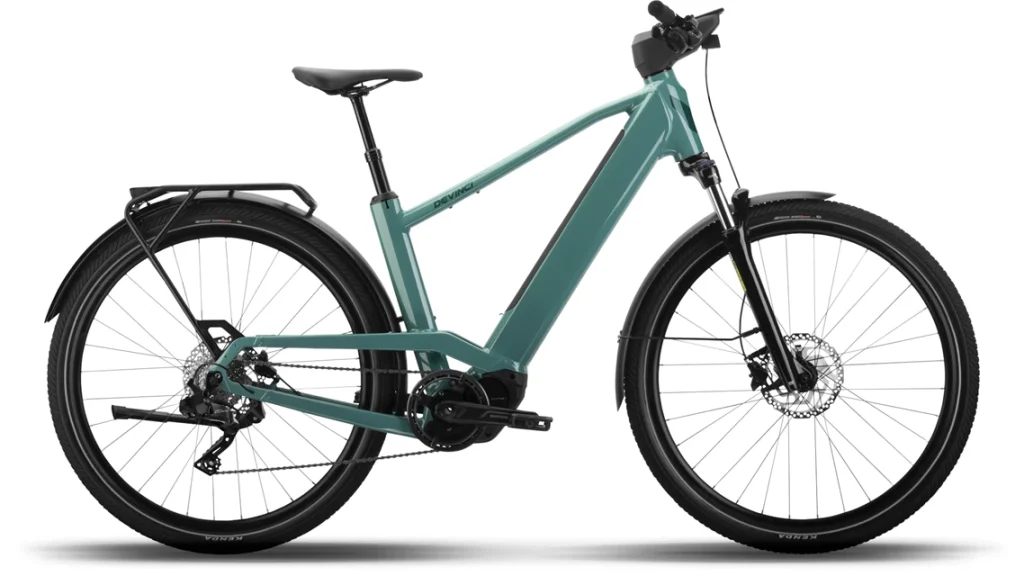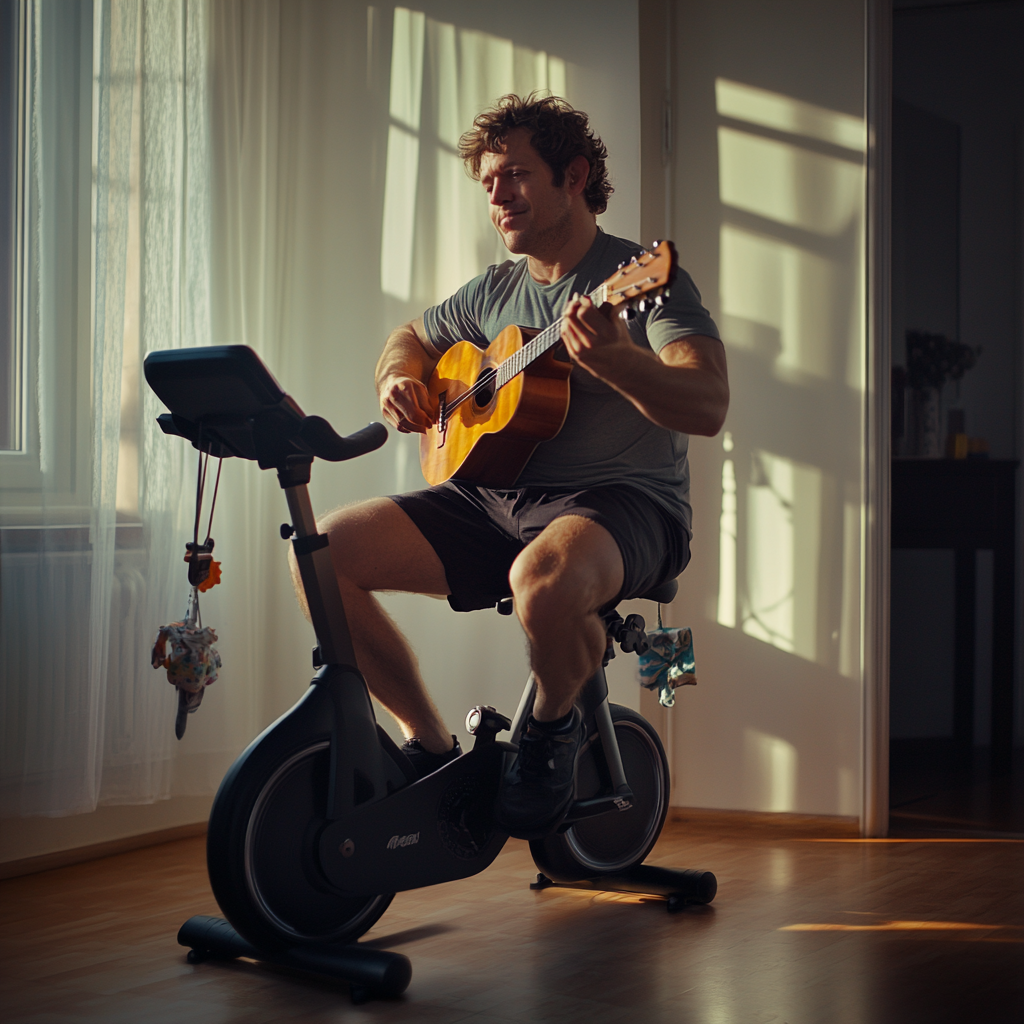Let me start by saying I’ve ridden regular bikes for over 100,000 miles, and I still love them. That said, after recently experiencing an e-bike, I can confidently say it’s the evolution of biking. It’s comparable to the leap William Reilly made when he patented the two-speed internal hub gear system in 1896—yes, it’s that significant. I track my heart rate and watt output during rides, and e-bikes offer much more control over training. The only thing they really lack is that full-body tension you feel when climbing uphill, particularly the hamstring pull from gravity. If you miss that sensation, just turn off the battery and tackle a hill.

Electric bicycles, or e-bikes, have gained popularity across Europe, especially in urban areas, thanks to their ability to help riders travel longer distances with less effort. A recent study conducted in seven European cities looked at how much physical activity people get from using e-bikes compared to regular bicycles and other forms of transportation. The researchers wanted to find out whether switching to an e-bike reduces exercise levels or if it can still provide health benefits.

The study surveyed over 10,000 participants, asking about their travel habits, physical activity, and the types of transportation they used. One of the key findings was that people who use e-bikes tend to travel farther on average compared to those using regular bicycles. E-bike users typically covered about 9.4 km per trip, while regular cyclists traveled around 4.8 km. Even though riding an e-bike requires less physical effort due to the motor assistance, the fact that e-bike users travel greater distances balances out the reduced intensity of the exercise.

The study also found that, overall, e-bike users and regular cyclists reported similar levels of weekly physical activity, measured in MET minutes, which track the energy used during exercise. Both groups logged between 4,000 and 4,500 MET minutes per week. This suggests that using an e-bike can provide nearly the same health benefits as riding a regular bike, especially for people who might otherwise not be cycling at all.

Another important finding was that switching from cars or public transport to e-bikes significantly increased physical activity. People who made this change gained about 550 to 800 MET minutes per week. In contrast, those who switched from regular bikes to e-bikes saw a smaller reduction in their activity, losing only around 200 MET minutes per week. This shows that e-bikes are especially beneficial for people who might otherwise be driving or taking the bus, as they still get the exercise they wouldn’t have had before.

For people with long commutes, e-bikes seem to be a practical solution. They allow riders to cover greater distances than they might with a regular bike, without getting as tired. This makes them an attractive option for individuals who might not consider cycling due to the physical strain of long rides.

Although e-bikes may not require as much base physical effort as regular bikes, they still encourage moderate exercise and are particularly helpful for people who would normally rely on cars or public transportation. The study shows that incorporating e-bikes into daily routines can significantly boost physical activity levels, contributing to better health outcomes. This is especially true for older adults or individuals with higher body weight, who may find regular cycling challenging.

E-bikes offer a healthy, sustainable alternative to cars, particularly for people looking to stay active while covering longer distances. The findings of this study suggest that promoting e-bikes in cities could help more people get regular exercise while also reducing car use, ultimately benefiting both individual health and the environment.

One last note: yes, sometimes I miss the quiet solitude of the forest or a long paved climb without the hum of an electric motor. However, if your bike is that quiet, you probably don’t ride much anyway—and let’s not forget, unwanted bike noises are why music was invented!






